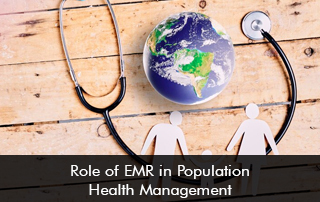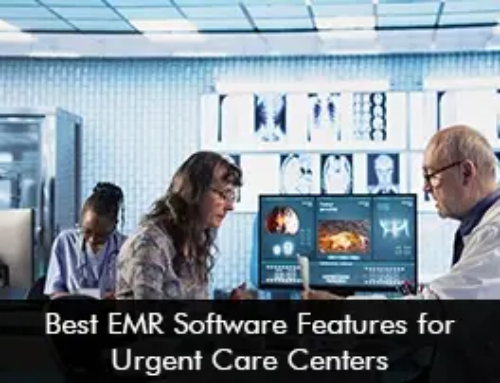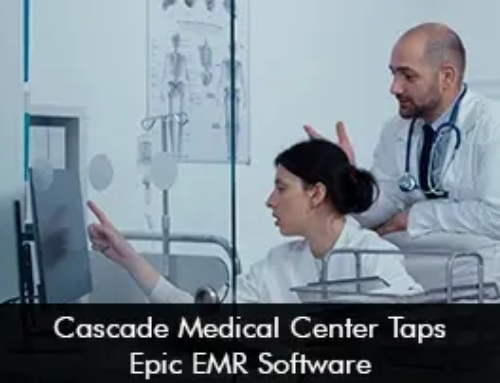The traditional role of Electronic Medical Records (EMR) in digitizing patient records has become less significant in the ever-changing environment of modern healthcare. These days, EMR systems are crucial in determining how healthcare will be delivered in the future, with a focus on population health management. This blog examines the various ways that EMR systems transform the way that community well-being is approached by promoting proactive and comprehensive population health management.
Understanding Population Health Management:
- Population health management is a strategic approach that seeks to improve the health outcomes of an entire group or community.
- It goes beyond individual patient care to address the broader determinants of health, emphasizing prevention, early intervention, and the overall well-being of a population.
The Foundation: EMR as a Comprehensive Health Database:
- At the core of effective population health management lies a robust and comprehensive health database.
- EMR systems serve as the digital backbone, aggregating and organizing vast amounts of patient data – from medical history and diagnostic reports to treatment plans and outcomes.
Identifying Health Trends and Risk Factors:
- EMR systems excel in data analytics, empowering healthcare providers to identify health trends and risk factors within specific populations.
- By analyzing aggregated data, patterns emerge, enabling proactive interventions and tailored strategies for risk mitigation.
Stratifying Patient Populations:
- One of the key strengths of EMR in population health management is its ability to stratify patient populations.
- Healthcare providers can categorize patients based on various factors, such as chronic conditions, demographics, and social determinants of health.
- This segmentation allows for targeted interventions and resource allocation.
Predictive Analytics for Disease Prevention:
- EMR systems leverage predictive analytics to forecast potential health issues within a population.
- By identifying individuals at risk of specific diseases, healthcare professionals can implement preventive measures, ranging from personalized health education to early screenings.
Coordinated Care and Interoperability:
- Effective population health management relies on seamless coordination among healthcare providers.
EMR systems facilitate interoperability, ensuring that different healthcare entities can share relevant data, coordinate care plans, and collectively contribute to the health management of a population.
Chronic Disease Management and Follow-Up:
- Chronic diseases often contribute significantly to population health challenges.
- EMR systems enable proactive chronic disease management by providing a centralized platform for monitoring patients, tracking treatment adherence, and initiating timely interventions to prevent complications.
Public Health Surveillance and Reporting:
- Beyond individual patient care, EMR systems contribute to public health surveillance.
- Timely reporting of disease outbreaks, monitoring vaccine coverage, and tracking health disparities are crucial aspects that support effective population health management.
Social Determinants of Health Integration:
- Recognizing that health outcomes are influenced by social, economic, and environmental factors, EMR systems increasingly integrate social determinants of health into patient profiles.
- This holistic approach allows healthcare providers to address underlying issues that impact population health,
Patient Engagement and Empowerment:
- EMR systems are not just tools for healthcare professionals; they also empower patients to actively participate in their health management.
- Access to personal health records, educational resources, and communication tools fosters patient engagement, a vital element in the success of population health initiatives.
The cornerstone of community health management is Electronic Medical Records (EMR), which are essential to the goal of large-scale healthcare outcome optimization. Let’s examine the essential elements of this symbiotic partnership and see how EMR systems might be revolutionary instruments for addressing the wider aspects of community well-being.








